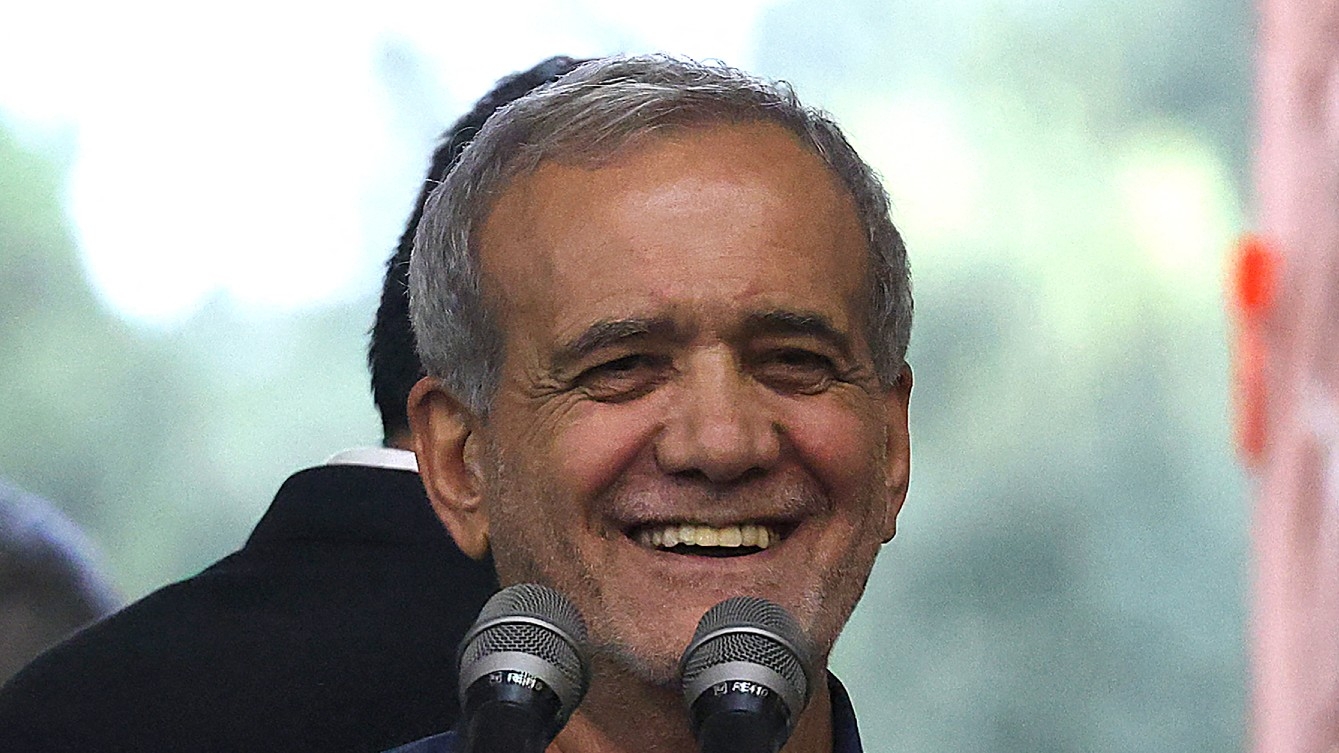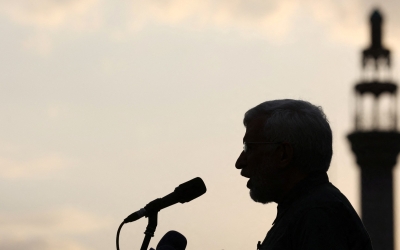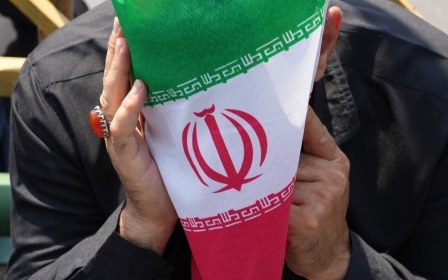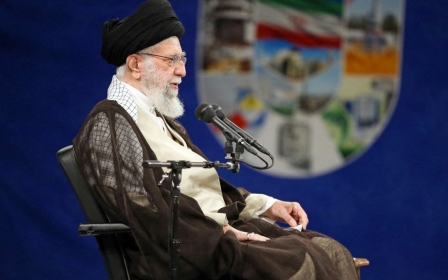Will Iran's new president bring reconciliation with the West?

Following Iranian President Ebrahim Raisi’s death in a helicopter crash, an early election this month led to a victory for the only reformist candidate, Masoud Pezeshkian, who won 16.3 million votes to defeat conservative Saeed Jalili, who received about 13.5 million.
The final turnout of about 50 percent was a big increase on the record-low turnout of 40 percent recorded in the first round.
Pezeshkian, a heart surgeon and parliamentarian who served as health minister in the Khatami government from 2001 to 2005, now faces a number of challenges as he takes on the country’s top job.
Although the president plays a crucial role in the economic, social, cultural and foreign relations of Iran, Supreme Leader Ayatollah Ali Khamenei, who has held his role since 1989, wields the most power with regards to the country’s military, security policy and overall governance.
Studying the debates of all election campaigns in Iran since the 1979 revolution shows that two main issues, the economic situation and foreign relations, have held the utmost importance. Since then, the national currency’s value has plummeted from around 70 rials per dollar in 1979 to around 600,000 today; inflation has soared past 40 percent; and the GDP has stagnated.
New MEE newsletter: Jerusalem Dispatch
Sign up to get the latest insights and analysis on Israel-Palestine, alongside Turkey Unpacked and other MEE newsletters
On the foreign policy front, since the 1979 revolution, all conservative, moderate and reformist administrations have tried to develop relations with the Arab and Islamic world, the Global South, and eastern bloc powers such as China, Russia and India. The main difference and challenge has revolved around relations with the West, especially the United States.
But despite the fundamental differences among political factions on the extent and quality of relations with the West, they agree on three main points.
Damaging sanctions
Firstly, there are the negative impacts of US sanctions, which have inflicted trillion-dollar damage on Iran’s economy. Since the revolution, the US has imposed thousands of sanctions on Iran. Under the Trump regime, Washington imposed 1,500 sanctions, and the Biden regime has added hundreds more. No faction denies their negative effects on Iran’s economy.
Secondly, all post-revolution administrations have attempted to reduce tensions with the US, but all have failed. The most recent example was the nuclear deal, implemented during the Obama administration, which visibly reduced tensions between Washington and Tehran.
The ball for any major change in relations between Iran and the West is now in Washington's court
Former President Donald Trump’s withdrawal from the agreement, however, escalated hostilities to maximum levels. Despite efforts by Raisi’s conservative administration to revive it, direct and indirect negotiations with the Biden government have also failed.
Thirdly, the authority to make final decisions on relations with the US lies with the supreme leader, not with the government or parliament.
These points underscore the importance of US-Iran relations in both the domestic and foreign policy spheres, despite the divergent approaches among political factions within the country.
Overall, improving Iran’s economy will involve multiple factors: lifting sanctions, improving foreign relations, combatting corruption, enhancing governance and system functionality, and privatising the economy.
Pezeshkian’s administration will be able to solve these problems only if it can form a national unity administration backed by the supreme leader, the Revolutionary Guards, the judiciary and parliament.
Relations with the East
Pezeshkian’s government is likely to pursue the path of developing relations with Asia, the East and the Global South without internal challenges, but it will face numerous internal and external challenges when it comes to resolving issues with the US and the West. Pezeshkian, like previous leaders, will not be able to normalise relations with the broader western world without resolving the hostilities between Washington and Tehran.
Removing sanctions cannot happen without a thaw in Iran-US relations. Forty years of direct and indirect negotiations and agreements have failed because they have focused narrowly on one issue, such as the nuclear programme, while the two countries have significant differences on myriad important issues.
Piecemeal deals will continue to fail in the absence of a comprehensive dialogue covering all contentious issues.
Meanwhile, addressing the fundamental economic and foreign relations challenges of the past few decades in Iran requires decisive leadership, which necessitates national consensus and unity.
Khamenei is a powerful leader capable of creating national consensus. The new presidential term presents a fresh opportunity for this. There’s no doubt that Khamenei has the same interest as Pezeshkian in improving Iran’s economy with sanctions relief.
The nuclear deal was a clear case in which Iran delivered on its commitments, and the West broke its promise.
US President Joe Biden may not be able to take any further action on his country’s Iran policy before the US election this coming November.
Pezeshkian has said he would try to lift US sanctions by engaging with the West and reviving the nuclear deal. Assuming Khamenei endorses this initiative, we would still need to wait and see whether after the November election, the US president will choose a policy of engagement or confrontation with Iran.
The ball for any major change in relations between Iran and the West is now in Washington’s court.
The views expressed in this article belong to the author and do not necessarily reflect the editorial policy of Middle East Eye.
Middle East Eye delivers independent and unrivalled coverage and analysis of the Middle East, North Africa and beyond. To learn more about republishing this content and the associated fees, please fill out this form. More about MEE can be found here.






